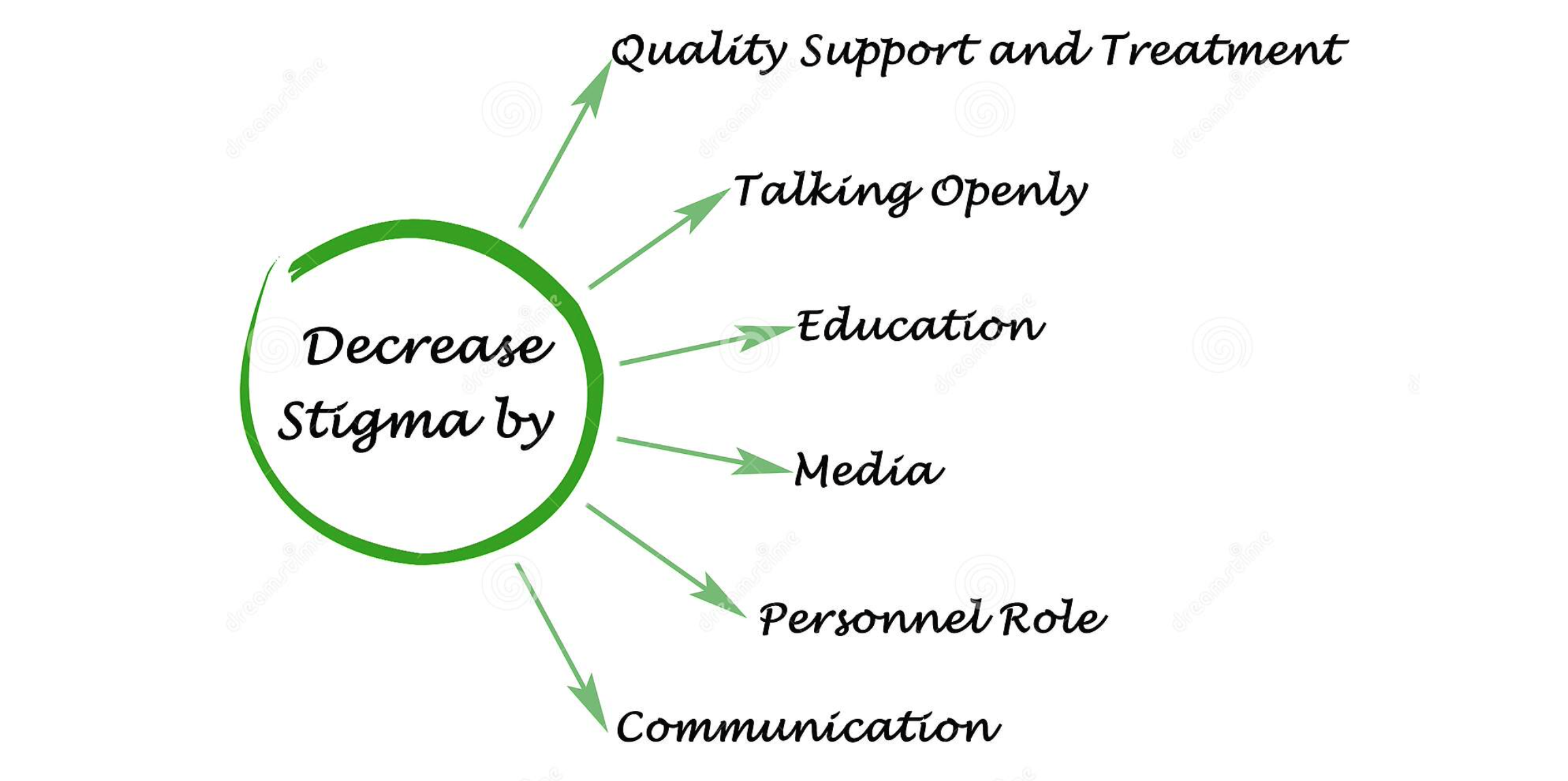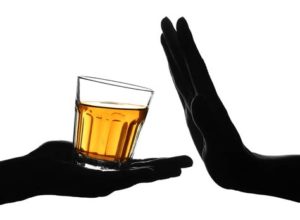This excellent, uplifting article by Maggie Doherty in The Guardian raises some fascinating areas for debate, study and I would even venture – research.
The two things that jumped out at me concerned “stigma”, and non-alcoholic drinks.
I touched on some thoughts about the stigma surrounding alcoholism in previous posts, and I’m pretty sure I will again.
“Whereas problematic drinking used to be hushed or relegated to the edges of polite conversation, confined to anonymous meetings often held in church basements, abstaining from alcohol is increasingly destigmatized. But it still requires a willingness to go against the grain.”
In my world there was no hushed talk about problem drinking it was really quite voluble. My denial about the problem led to lost opportunities in work and life and I blamed others, why? Because I was the source of the stigma, it was my fears, my judgement, my projections on to others that created the stigma. True enough “polite society” will always relegate topics of no interest to “polite society” to the edge of “polite society” until it effects “polite society”, at which point they will shout about it a lot, quite volubly, with a lack of understanding which perhaps leads in turn to a collective stigma. It still seems to me that stigma really comes from our own individual judgement.
The interesting thing to me is that earlier in the article Maggie, states her relief at “An affirmation-laced jest from someone who knew me for so long and so well.” And goes on to say, “If a few in our group opted to go to a bar for a beer after dinner, I didn’t object but I didn’t join them. I didn’t feel left out or slighted. One night we all decided to go out dancing, and I didn’t need a beer or shot to do so. Sobriety was enhancing my connection to my friends. There was no shortage of laughter or fun or inappropriate banter and the support my friends gave me aided my resolve.”
So, there was no stigma attached to her choices from the people that mattered, her friends – where is the stigma coming from? When I work with clients with alcohol and drug issues, many of them talk about stigma as a block to treatment, a block to engagement in recovery and being misunderstood. Yet whenever I talk to “regular people”, most of them to borrow from More In Common’s observation, seem to “(the public) take a “live and let live approach”. When I ask the same clients to list their experiences of stigma many are hard pushed to name any, and hardly ever any from the people that actually matter – their friends. Friends, real friends, tend to want the best for each other and respect each other’s healthy choices.
Talking of healthy choices is a neat segue way to the issue of non-alcoholic drinks. There is no question of the growth of this market but there is deep division in varying “recovery” and “sober living” silos concerning these products.
This is where I’d love to see some real research. In my own experience I did not touch these beverages for the first 7 years of my sobriety, I enjoy them now – well after 7 years of lime and soda that would be understandable, but as with everything there is no “one size fits all” answer.
My own thinking is that with the vast improvement in taste, the wide availability and a general lack of understanding and clarity around “alcohol free”, less than 0.5%, less than 0.05%, 0.0% more information is required. Vanilla extract has more alcohol in it than “less than 0.5%” for example.
More importantly though I would appreciate input from the neuroscience end of things. If someone, newly sober, drinks an AF beverage that truly tastes (and many of them do) like a beer does the brain go to work preparing for the relief or euphoria promised by the taste? Is the AF substance a benign placebo, or is it a “cue” that will lead to frustration and a desire for the real thing? The brain, we are constantly encouraged to believe is able to change (plasticity), so are there new neural pathways established after an extended period of sobriety? Are there cohorts of newly sober AF drinkers only, or if AF primarily a method to cut down on alcohol use. And apart from getting bored of lime and soda, am I drinking for the taste or to not feel left out? (That is the only one I know the answer to).
There are a host of other themes that Maggie weaves in to her story, and I’ll continue musing on those too – meantime good luck with your recovery Maggie.





